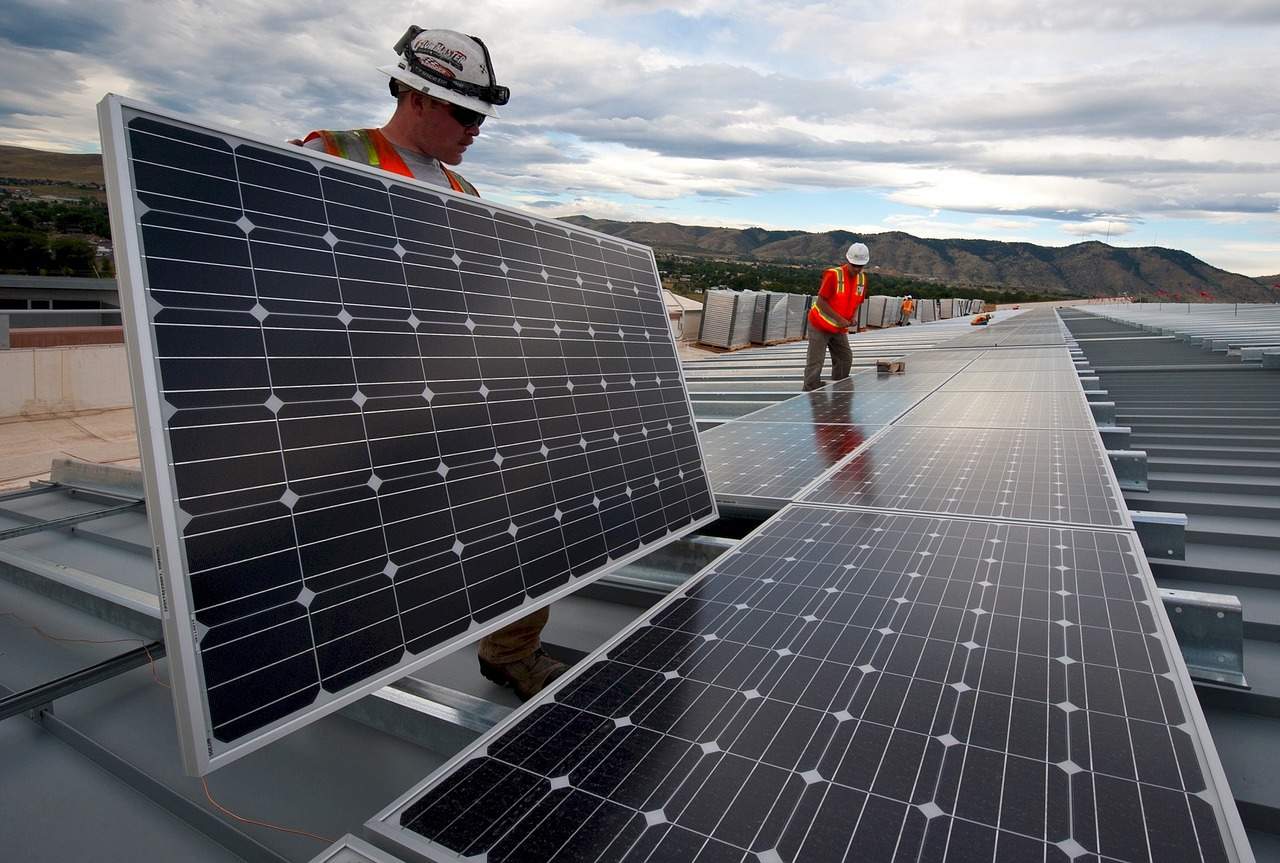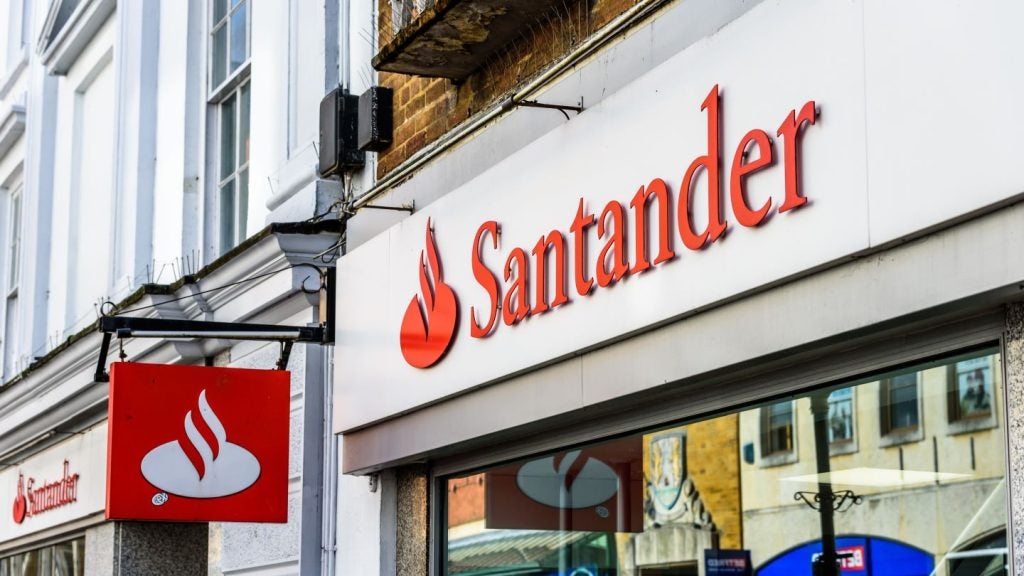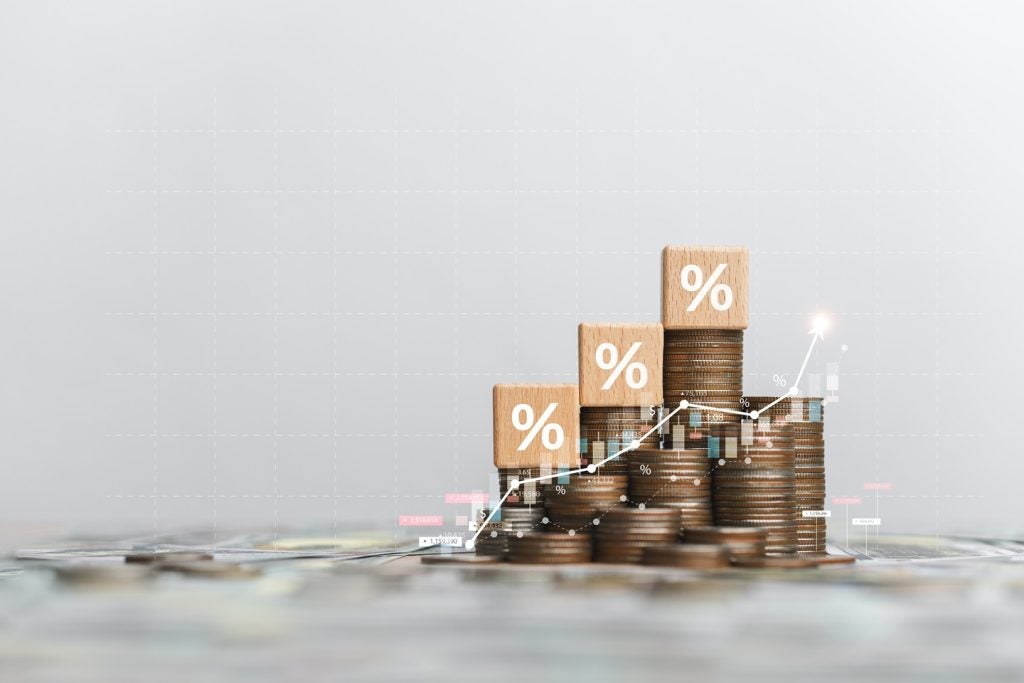Last April, SQN’s Asset Finance Income Fund found itself facing a potential $29.9m loss after one of its borrowers, solar panel manufacturer Suniva, was pushed on the brink of bankruptcy by falling panel prices. The fund stood to lose 6.8% of its capital.
Investors, however, found new hope on September 22: the US International Trade Commission found that Suniva and other manufacturers had been hurt by trade dumping, and resolved to bring the case, along with a proposal of remedies, to the White House’s attention.
The decision on remedies is due in November. In the meantime, Leasing Life caught up with Jeremiah Silkowski, founder and chief executive of the fund’s parent company, SQN Capital Management, to hear his take on the affair.
Silkowski doesn’t mince words: what Chinese competitors have done to firms like Suniva, he says, is illegal. “You can’t make an investment with the expectation that the counterparties will act illegally.” He accuses Chinese solar panel manufacturers of circumventing anti-dumping tariffs imposed by the US in 2011-2012 by opening factories in Taiwan and Vietnam and resume exports from there.
“We expected there would be a predictable decline in solar prices, but [also that it] would be easily offset by the increase in manufacturing capacity and the sales that were booked three or four quarters in advance.
“There was enough profit margin in manufacturing to offset what would be a normal decline, and even a steep decline, in prices.”
How well do you really know your competitors?
Access the most comprehensive Company Profiles on the market, powered by GlobalData. Save hours of research. Gain competitive edge.

Thank you!
Your download email will arrive shortly
Not ready to buy yet? Download a free sample
We are confident about the unique quality of our Company Profiles. However, we want you to make the most beneficial decision for your business, so we offer a free sample that you can download by submitting the below form
By GlobalDataWhat they couldn’t foresee, Silkowski says, was how multiple factors combined into a perfect storm. Not only were Chinese manufacturers willing to circumvent US tariffs and World Trading Organization (WTO) rules, they also needed to find a new market for their excess production after a demand drop in China, due to cuts in government buying incentives.
“The objective [now] is to set the market price at a possible level, and ideally to make the US products at least equally attractive to the market if not more attractive,” says Silkowski. Remedies from the White House will most likely come in the form of new tariffs, quotas or tax credit redistributions. But there’s also the possibility that the cash already raised through the tariffs, which Silkowski puts between $1.3bn (£0.97bn) and $1.5bn, will be used to compensate manufacturers like Suniva for the damage.
And of course, Silkowski adds, the fund is also seeking payment from the Hong Kong-listed company which had provided guarantee for the financing to Suniva. “We’re pursuing all remedies simultaneously. There’s no restriction.”
Despite the hiccup with Suniva, Silkowski is confident in the fund’s business model: “We don’t believe that there is any [other] investment vehicle that is protected by a joint collateral, produces regular income and is not correlated to the broader market [since] we focus specifically on business-essential assets.”
Nevertheless, he doesn’t think they’re doing anything radically new. Equipment leasing, he says, is a long-established asset class: “Banks, large private institutions and insurance companies all do it for their own benefit.
“The only thing we’re doing differently is that we’re bringing it to the broader market, to make it accessible to other investors outside of established institutions.”








